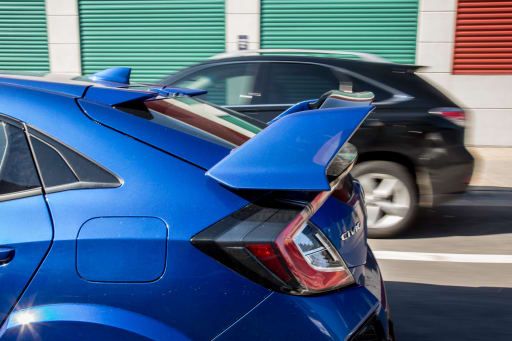Get Free Quotes 866-651-2992
Remanufactured & Used Engines

The automotive industry has been undergoing a significant transformation, and the future of autos promises to be nothing short of extraordinary. With rapid advancements in technology, automation, and sustainability, cars are evolving to become smarter, greener, and more connected than ever before.
The emergence of electric vehicles (EVs) has revolutionized the automotive landscape. As concerns about climate change and air pollution intensify, governments and manufacturers alike are embracing the electric revolution. EVs offer zero-emission driving, reduced dependency on fossil fuels, and lower maintenance costs. With improving battery technologies, increased charging infrastructure, and declining prices, electric vehicles are poised to become the norm rather than the exception.
Autonomous driving is another game-changing technology that is set to reshape the future of autos. With ongoing research and development, self-driving cars are becoming more sophisticated and capable. These vehicles have the potential to enhance road safety, reduce traffic congestion, and provide greater mobility for the elderly and disabled. As the technology matures and regulatory frameworks are established, autonomous vehicles are expected to become a common sight on our roads.
Connectivity is a key aspect of the future automotive experience. The advent of the Internet of Things (IoT) has paved the way for cars to be seamlessly integrated with digital platforms and other devices. Connected cars will enable drivers to access real-time information, entertainment, and personalized services. From advanced navigation systems to voice-controlled assistants, the possibilities are endless. Moreover, vehicle-to-vehicle (V2V) and vehicle-to-infrastructure (V2I) communication will contribute to safer and more efficient transportation systems.
As the future of autos unfolds, sustainability will continue to play a crucial role. Manufacturers are committed to reducing their carbon footprint by employing eco-friendly materials and production methods. Furthermore, the concept of circular economy is gaining traction in the automotive sector, ensuring that resources are utilized efficiently and waste is minimized. From recycling materials to repurposing components, the industry is embracing sustainable practices to create a greener and more sustainable future.
Innovations in safety features are also set to transform the automotive industry. Advanced driver assistance systems (ADAS) such as adaptive cruise control, lane-keeping assist, and automated emergency braking are becoming increasingly common. These technologies enhance driver safety and mitigate the risk of accidents. Furthermore, the integration of artificial intelligence (AI) and machine learning algorithms will enable vehicles to analyze data and make split-second decisions, further improving safety on the roads.
The future of autos is not limited to cars alone. The rise of ride-sharing services and the concept of mobility as a service (MaaS) are challenging traditional ownership models. With the increasing popularity of ride-hailing platforms and car subscriptions, individuals may opt for access to transportation rather than owning a vehicle. This shift in consumer behavior, coupled with the rise of electric and autonomous vehicles, will reshape the automotive industry as we know it.
In conclusion, the future of autos is an exciting and transformative journey. Electric vehicles, autonomous driving, connectivity, sustainability, safety innovations, and evolving ownership models are all shaping the landscape of the automotive industry. With each passing day, cars are becoming smarter, greener, and more interconnected, ushering in an era of unprecedented mobility and convenience. Embracing these advancements will not only revolutionize transportation but also contribute to a more sustainable and connected world.